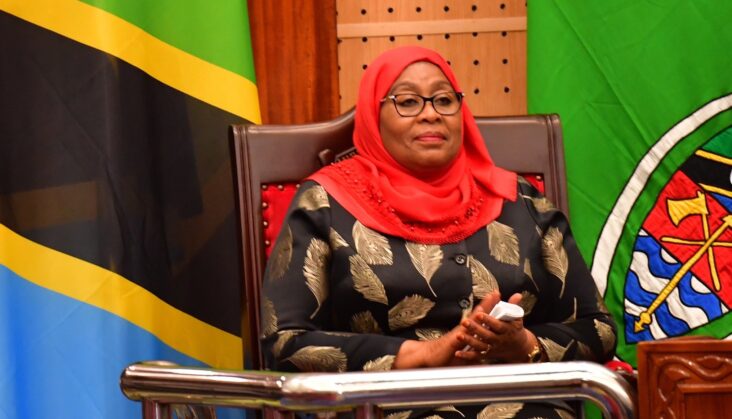Tanzania will borrow at least $2.34 billion from foreign lenders to finance its proposed 2022/2023 budget of $17.1 billion, a plan that risks sliding the East African nation into the red zone of countries with a heavy burden of public debt.
According to Finance Minster Mwigulu Nchemba, 7.7% ($1.32 billion) of next financial year’s budget will be funded through direct concessional loans and grants from development partners under the traditional general budget support arrangement. Another $1.04 billion is projected to come from project-specific commercial loans from international lenders.
The government will also borrow $2.32 billion from the domestic markets, in line with the goal of ensuring it internally finances at least $12.4 billion of its 2022/2023 budget.
Despite making fame for its frugality during the era of former President John Pombe Magufuli, Tanzania’s total national debt currently stands at $33.88 billion. According to the Bank of Tanzania’s (BoT) latest report, the national debt went up $182.3 million as at the end of August compared to July, and up $3.87 million from August 2020.
In 2019, the national debt of Tanzania amounted to approximately 38.24 percent of the GDP.
The country’s external debt accounted for 76.6% of the stock at $25.95 billion, an increase of $2.54 billion from August. Tanzania’s external debt service payments were also high, amounting to $27.8 million in August 2021, of which $18 million was spent on principal payments and the rest on repaying accumulating interest, according to the central bank.
During the financial year 2019/20, domestic revenues were only 14.7% of GDP against expenditure of 16.4%, a stark warning of the soaring debt levels that could be too much too bear for the country.
“Interest payments on debt accrued have been increasing in nominal terms. As a percentage of domestic revenue it has also been increasing over time from eight percent in 2013/14 to 13.1 percent in 2019/20,” said Dr Felician Mutasa, a researcher from the Open University of Tanzania.
Tanzania is planning to prioritize external and domestic debt repayment, a continued policy from the last financial year which saw the country spend a total of $4.63 billion on government debt repayment, making up 29% of total expenditures.
President Samia Suluhu’s administration has also pledged to continue implementing projects started during her predecessor’s regime, such as the 2,115 MW Rufiji hydro-power dam, a liquid natural gas processing plant in Lindi, a $1.32 billion railway line from Mwanza to Dar es Salaam, and the East African Crude Oil Pipeline from Uganda to the coastal city of Tanga.
Tanzania’s 2022/2023 budget will also focus on civil service salary increment and the planned national population census in August 2022.
“Having graduated to a low-middle income country, Tanzania will now have very few opportunities to access concessional loans. To meet flagship projects and other social sector financing needs, the government should prioritize concessional financing in order to ensure that the projects that are so-financed have a large impact on economic growth and export earnings,” said Dr Mutasa.

